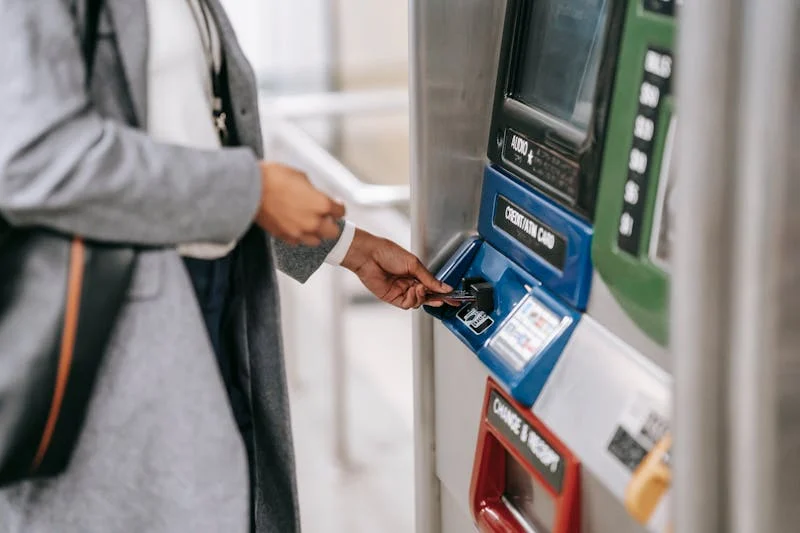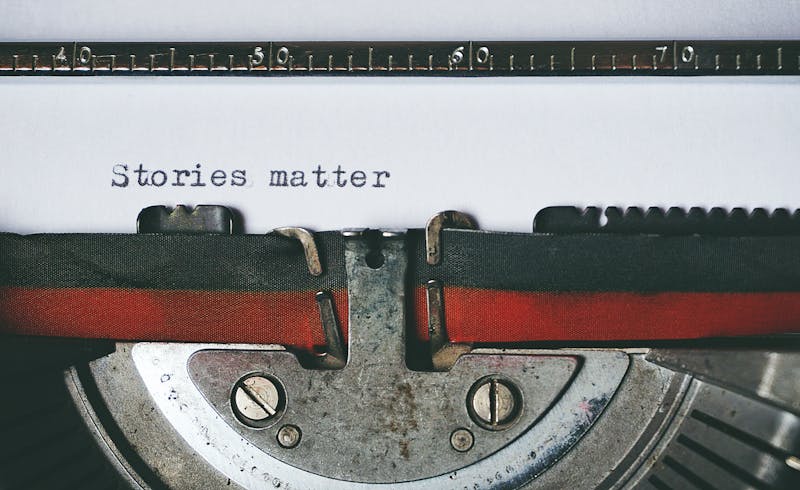
What are Capital Controls
Capital controls refer to measures taken by governments or central banks to regulate the flow of money within a country’s economic and banking system or with other countries or other economic and banking systems.
These controls are typically implemented to stabilize financial markets, manage currency stability or exchange rates, protect the banking sector and a country’s economic system and protect domestic industries. They can take various forms, such as limits on currency usage domestically and abroad, limits on foreign investments, restrictions on currency usage or conversions, or taxes on capital movements.
Capital controls are often used during times of economic instability as an attempt to stabilize an economy, to prevent speculative attacks on a country’s currency or as a desperate last attempt to regain control of a faltering currency or economy. While they can help manage financial risks, they may also limit a population’s use and control over their money, limit domestic and international investment, stifle globalized trade, disrupt supply chains, damage international relations and, ultimately, lead down the road of economic and political collapse.
Why Would a Country Do It

In response to global economic instability stemming from geopolitical tensions, the United States might employ capital controls as a tool to stabilize its currency and shield its economy from adverse impacts. Here are some ways that the US might use capital controls in tense geopolitical times:
- Restricting Capital Outflows: The U.S. could impose limits on the amount of money that can be transferred out of the country. By restricting capital outflows, the government aims to retain liquidity within its borders, preventing a rapid depletion of reserves and mitigating currency depreciation risks.
- Currency Exchange Controls: Implementing controls on currency exchanges could help manage fluctuations in the value of the U.S. dollar. The government might impose regulations on the conversion of dollars into other currencies or restrict the use of foreign currencies in domestic transactions.
- Tariffs and Trade Barriers: While not strictly capital controls, imposing tariffs and trade barriers can serve a similar purpose by influencing the flow of goods and capital. The U.S. could increase tariffs on imports from countries perceived as economic adversaries, discouraging capital flows to those nations while protecting domestic industries.
- Selective Investment Restrictions: The U.S. might selectively restrict foreign investments in certain sectors deemed critical to national security or strategic interests. This could involve tighter scrutiny of foreign acquisitions, limiting access to sensitive technologies, or outright bans on investments from specific countries.
As for weaponizing these controls against other countries, the United States could leverage its economic power to exert pressure on adversaries or competitors. For instance:
- Financial Sanctions: The U.S. could impose targeted financial sanctions, freezing assets or restricting financial transactions involving individuals, entities, or even entire countries involved in activities deemed hostile to U.S. interests.
- Strategic Devaluation: Deliberate devaluation of the U.S. dollar could be used as an economic weapon to make American exports more competitive and increase the cost of imports for targeted countries, thereby influencing their economic behavior.
- Access to Financial Systems: The U.S. could restrict access to its financial systems, such as SWIFT (Society for Worldwide Interbank Financial Telecommunication), which facilitates international transactions. Denying access to such systems could severely impede the ability of targeted countries to conduct international trade and financial transactions.
- International Cooperation: The U.S. might also rally international support to impose coordinated capital controls or sanctions against common adversaries, amplifying their economic impact and reducing the possibility of circumvention.
However, it’s important to note that the use of capital controls and financial sanctions as geopolitical tools can have complex and far-reaching consequences, including potential retaliatory measures and unintended collateral damage to global economic stability.
In recent years we have seen the Eastern world develop the BRICS system in response to Western attempts to maintain international dominance through a stranglehold on global economies and the use of the dollar as a weapon of political control. What we may now be witnessing is the collapse of the Western economic system – whether by plan or as a result of incompetence we may never know, and how this will turn out in the long run, only time will tell.
When a country starts implementing aggressive capital controls, this could be a sign of something even worse to come. Let’s look at the possible trajectory of the economic tensions that are playing out before our very eyes.
What is Wealth Confiscation

Wealth confiscation, in the current world climate, might be employed as a means of social control that could involve the seizure or taxation of assets from certain individuals or groups within society, typically for redistributive purposes or to exert authority over economic activities. Let’s look at he how and why:
- Redistribution of Wealth: Governments may confiscate wealth from affluent individuals, corporations, or a social demographic like the middle class through taxation or other mechanisms to redistribute resources more equitably among the population (e.g. millions of new migrants perhaps). This is often done to address income inequality or to promote a particular social agenda.
- Punitive Measures: Confiscation of assets can be used as a punitive measure against individuals or groups perceived as threats to the existing social order or government authority. It serves as a deterrent to behavior deemed undesirable or as a means of punishing dissent.
- Exerting Control: By controlling wealth distribution, governments can influence economic behavior and shape societal norms. Wealth confiscation can be employed to discourage certain activities, such as; dissent, political movements, non-compliance with an approved agenda, or unapproved financial transactions, while incentivizing compliance with government policies and regulations.
- Political Instrument: Wealth confiscation can also serve as a political instrument, enabling governments to weaken opposition groups, consolidate power, or finance political agendas. By targeting the assets of political rivals or dissenting factions, authorities can suppress dissent and maintain control over the political landscape.
Overall, wealth confiscation as a tool of social control raises ethical and practical considerations regarding fairness, property rights, and the balance between state power and individual freedoms. Its implementation can have significant implications for economic stability, social justice, and political legitimacy within a society.
One Possible Scenario

As an economic system starts to collapse or be reshaped, we witness a tsunami of economic events. Let’s look at a fictional scenario to see what it might look like:
A Bank Holiday
We might wake up one morning to find that the government has announced a “bank holiday”. Of course, we’re all familiar with the idea of a bank being closed on federal holidays but what we are talking about here is something very different. In fact, we have seen it before in the United States. The Bank Holiday of 1933 was a week-long suspension of all banking transactions in the United States, beginning on March 6, 1933, and ending on March 13, 1933. President Franklin D. Roosevelt, declared the holiday to prevent bank failures and restore confidence in the financial system.
Bank Failures
As we move through the bank holiday, having been declared in an effort to try and “save the banking system”, we start to see news reports of bank after bank failing, people crowding around ATM machines to no avail, public anger and lashing out from fear of having no access to money, violence in the streets and the inevitable governmental efforts to “restore peace and safety”.
Public Safety Lockdown
In an attempt to restore peace and safety, local governments issue a “shelter in place” order and ask all residents to remain in their homes until order has been restored. Of course, only the law abiding citizens comply and the chaos only worsens as the streets are patrolled by marauding gangs intent of finding and taking whatever they may need or want.
Deposit Tokens
The federal government, in conjunction with the Federal Reserve Bank, issues an announcement that a temporary solution to the banking crisis has been found; Deposit Tokens. Each person in the country will be able to sign up for a FedNow digital account where they will be given a certain number of tokens that can then be used as a form of currency until a more permanent solution is available.
CBDC
After several months of deposit tokens, a semblance of order has been restored, people are able to buy essentials once again, but everyone is still waiting for their lives to return to normal. Good news! The Federal Reserve Bank announces that the new Central Bank Digital Currency ( CBDC) is now ready for issue and the deposit tokens in your FedNow wallet will automatically be converted into digital dollars. Of course, there is no way to know how much money you had in the bank before the collapse so everyone will start with the same number of digital dollars just to be fair.
Outlawing of Alternative Forms of Money or Currency
In order for the new CBDC system to work effectively, all other forms of money will now be made illegal. All citizens will have three months to turn in any cash, gold, silver or other forms of money to a local FedNow branch in exchange for ten cents on the dollar in digital dollars. Anyone caught possessing or attempting to use banned forms of currency will be arrested and jailed for a violation of the new Federal Reserve Currency Act.
Clearly, this is a very concerning scenario and hopefully not one that we would ever see, but, what if we did?
What Can We, or Should We, Do

In the event that such a scenario arose, it would be very difficult to know how to navigate the initial chaos followed by the, what many would call, “beast system”.
We would all find ourselves in a position of helplessness and fear and our response would depend, to a great extent, on our level of preparedness beforehand. Had we foreseen such a scenario and made appropriate plans to mitigate the impact on ourselves, our families, and our communities?
In all things in life, capital controls and economic collapse included, it is better to be proactive rather than reactive. Given the current world conditions, should we not all be giving serious thought to the different possible scenarios that we might face in the coming months and years and be taking reasonable actions to plan for them?
Click the button below to find out more about what you can do.